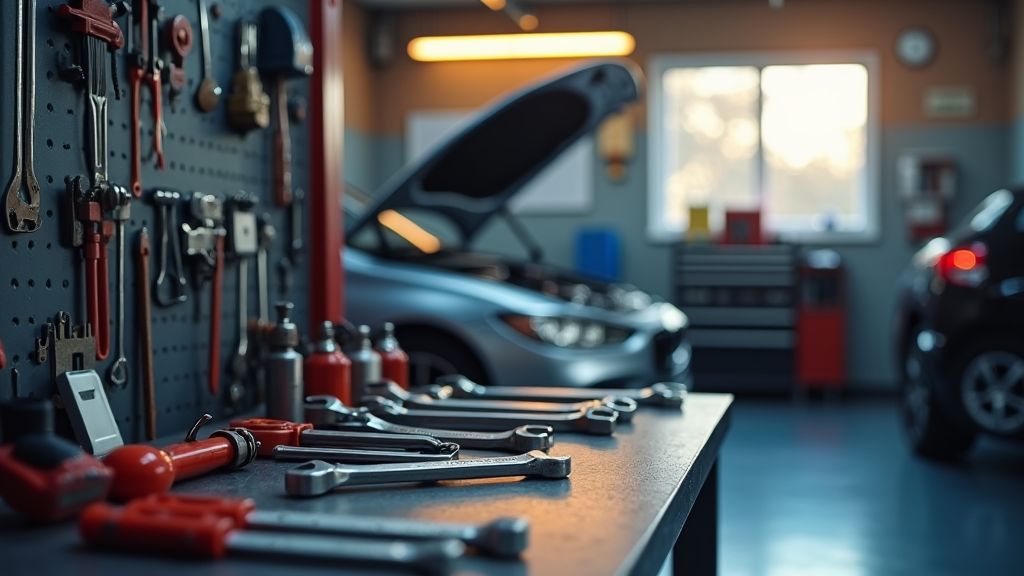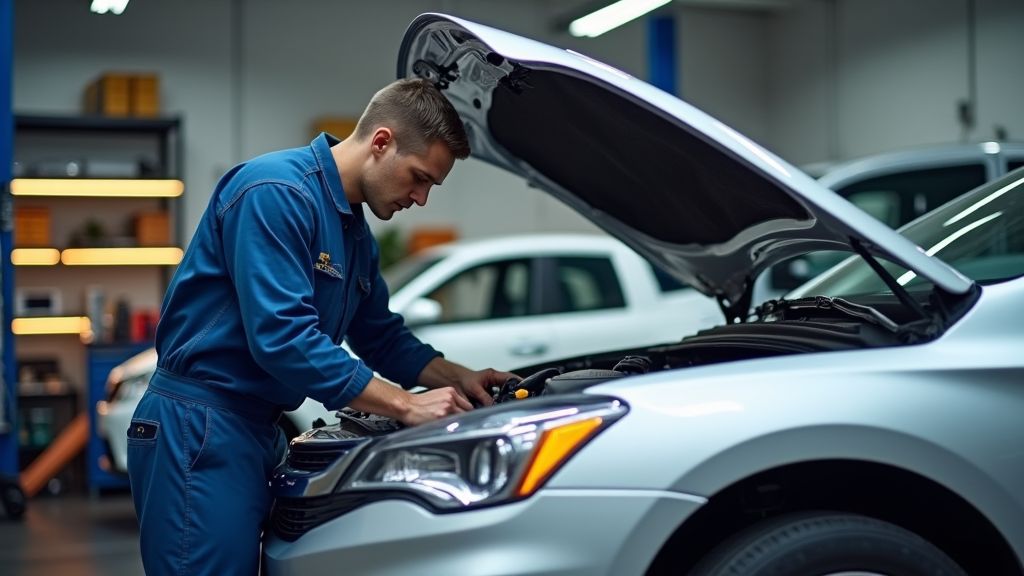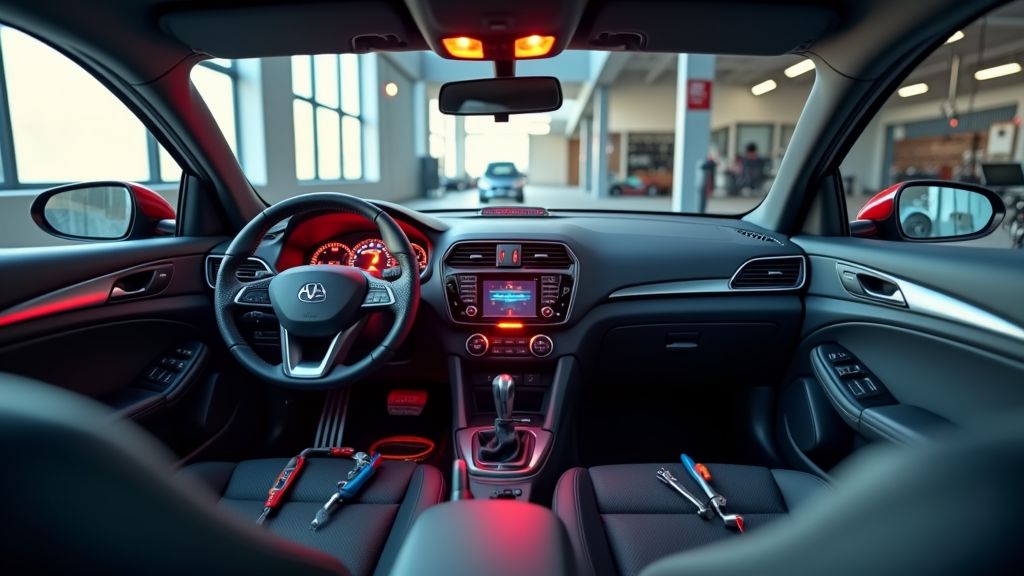How to Identify and Fix Small Auto Problems Before They Escalate
Have you ever been driving down the road when a strange noise or warning light suddenly catches your attention? It’s easy to brush off these minor issues as insignificant, but ignoring them could lead to costly repairs down the line. In this article, we will explore how to identify and fix small auto problems before they escalate, saving you time, money, and stress in the long run.
Understanding Common Auto Problems
Before we delve into how to address these issues, let’s first identify some of the most common small auto problems that drivers encounter. These include issues such as strange noises, unusual vibrations, dashboard warning lights, fluid leaks, and unusual smells. While these may seem minor at first, they can often be early warning signs of larger problems brewing under the surface.
Early Detection is Key
One of the most important steps in preventing small auto problems from escalating is early detection. By paying attention to your vehicle’s behavior and addressing any unusual symptoms promptly, you can often catch issues in their infancy before they become major headaches. Regular maintenance checks and inspections are crucial in spotting potential problems early on.
DIY vs. Professional Help
When it comes to fixing small auto problems, you may be wondering whether to tackle the issue yourself or seek professional help. While some minor issues can be addressed with DIY solutions, such as topping up fluids or replacing a blown fuse, more complex problems should be left to the experts. Ignoring the warning signs and attempting to fix a problem beyond your skill level could end up causing more harm than good.
Conclusion
In conclusion, being proactive in identifying and fixing small auto problems can ultimately save you time, money, and frustration in the long run. By familiarizing yourself with common issues, staying on top of maintenance tasks, and seeking professional help when needed, you can ensure that your vehicle stays in top condition. Remember, a small issue today could quickly escalate into a major problem tomorrow if left unchecked. So take the time to address those warning signs early on, and enjoy a smoother and safer driving experience.
The Importance of Regular Fluid Checks
One area that often leads to small but impactful auto problems is low or dirty vehicle fluids. Engine oil, coolant, brake fluid, and transmission fluid are all vital to keeping your car running smoothly. Low fluid levels can lead to overheating, reduced braking performance, and even transmission failure. Make it a habit to check these fluids regularly and top them up or replace them as needed to avoid potential breakdowns.
Keeping an Eye on Your Tires
Tires are another area where small issues can quickly become serious if ignored. Low tire pressure, worn-out tread, or misalignment can all contribute to unsafe driving conditions and reduce fuel efficiency. Invest in a good tire pressure gauge, inspect your tire tread regularly, and have your alignment checked during routine maintenance to prevent minor tire problems from escalating.
Battery Health Matters
A weak or failing battery is a common cause of unexpected car problems. Even a slight drop in battery efficiency can result in issues starting your car or running electronic components. Clean your battery terminals, check for corrosion, and monitor battery voltage regularly, especially in extreme weather. Staying vigilant about battery health can prevent inconvenient breakdowns and keep your car running smoothly.
Addressing Minor Electrical Issues
Minor electrical problems, such as dim headlights, malfunctioning indicators, or power window issues, can be early warning signs of larger electrical system issues. While these problems may seem small, they can compromise safety and signal a deeper issue with your vehicle’s wiring or alternator. Addressing these minor electrical issues promptly can save you from more complex, costly repairs in the future.













